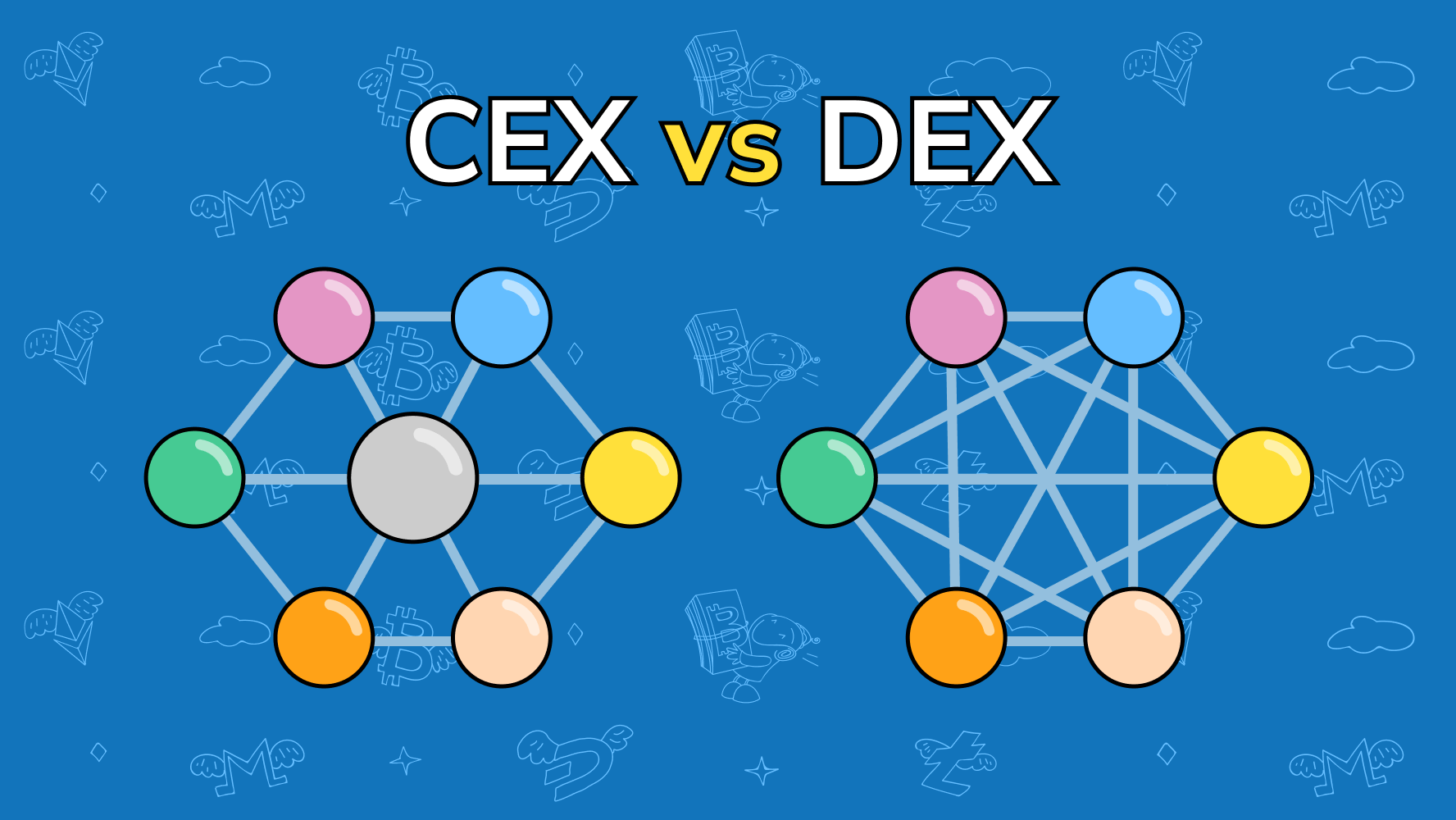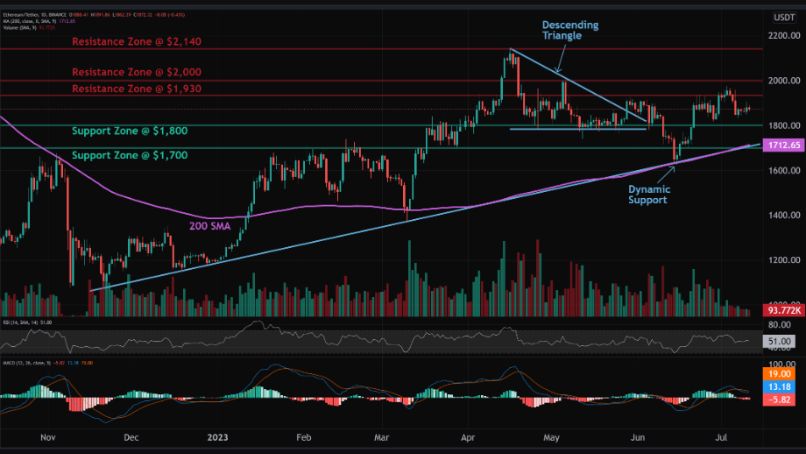
Cryptocurrency has revolutionized the financial landscape, providing a new way to trade, invest, and transfer value globally. Central to this ecosystem are cryptocurrency exchanges, the platforms where digital assets are bought, sold, and traded. Broadly, these exchanges are classified into two categories: Centralized Exchanges (CEX) and Decentralized Exchanges (DEX). While they both serve the same purpose—facilitating the exchange of cryptocurrencies—their structure, control, and underlying technology differ significantly.
Understanding the distinction between DEX and CEX is vital for anyone looking to participate in cryptocurrency trading. The choice between the two comes down to various factors such as security, convenience, cost, and control over funds. In this article, we will break down the differences, provide examples of both types of exchanges, and discuss the advantages and drawbacks of each to help you make an informed decision.
Difference Between DEX and CEX
The key difference between DEX and CEX lies in their underlying architecture and control mechanisms.
A Centralized Exchange (CEX) is a platform where a central authority or company controls the operations. Users typically sign up and deposit their funds into the exchange’s custodial wallets, allowing the platform to manage transactions. Popular CEXs include Binance, Coinbase, and Kraken. These exchanges offer user-friendly interfaces, high liquidity, and customer support, but the platform retains control of users’ private keys.
On the other hand, a Decentralized Exchange (DEX) operates without a central authority. Transactions are executed directly between users (peer-to-peer) through smart contracts on the blockchain. DEXs like Uniswap, SushiSwap, and PancakeSwap allow users to maintain control of their funds, as they interact directly with their wallets. While they offer greater privacy and control, they generally have less liquidity compared to CEXs and may be less user-friendly for beginners.
Examples of Exchanges Using DEX and CEX
Several exchanges serve as prime examples of the DEX and CEX models:
- Binance (CEX): Binance is one of the largest and most well-known centralized exchanges, offering a wide array of cryptocurrencies and high liquidity.
- Coinbase (CEX): Another major centralized exchange, Coinbase focuses on user-friendliness and compliance, making it a popular choice for beginners.
- Uniswap (DEX): Uniswap is one of the most prominent decentralized exchanges, allowing users to swap Ethereum-based tokens without the need for intermediaries.
- PancakeSwap (DEX): Operating on the Binance Smart Chain, PancakeSwap is a DEX that offers lower transaction fees and high yields through liquidity pools.
Advantages of DEX Over CEX
- User Control: DEX platforms allow users to maintain full control over their private keys and funds. This reduces the risk of losing funds due to exchange hacks or platform insolvency.
- Privacy: Since DEXs don’t require account creation or KYC (Know Your Customer) processes, users enjoy greater anonymity compared to CEXs.
- No Central Point of Failure: With decentralized exchanges, there is no central authority that can be targeted by hackers or government regulations, making DEXs potentially more resilient to shutdowns.
- Censorship Resistance: Transactions on DEXs are executed on a blockchain, meaning that no central entity can block or control user activities.
Advantages of CEX Over DEX
- Liquidity: CEXs generally offer higher liquidity, meaning that trades are executed more quickly and efficiently. This is particularly important for high-volume traders or those dealing with less popular cryptocurrencies.
- User-Friendly Interface: Centralized exchanges like Binance and Coinbase provide intuitive interfaces, customer support, and tools like charting that make them more accessible for novice traders.
- Advanced Features: Many CEXs offer features like margin trading, futures, lending, and staking that are not always available on DEXs.
- Regulatory Compliance: CEXs often comply with local and international regulations, making them a safer choice for users who are concerned about the legal standing of their trading activities.
The Safest Option: CEX or DEX?
When it comes to security, both CEX and DEX have their pros and cons. CEXs are more vulnerable to hacking, given that they act as custodians of users’ funds. Several high-profile exchange hacks, such as the Mt. Gox incident, have demonstrated the risks of centralized custody. However, CEXs often offer additional security features like insurance, two-factor authentication (2FA), and regulatory oversight, which can mitigate these risks.
On the other hand, DEXs provide users with full control over their funds, which eliminates the risk of exchange-related hacks. However, users are entirely responsible for securing their wallets and private keys. Any mistake in managing these assets—such as losing private keys or falling victim to phishing scams—can result in permanent loss of funds.
In conclusion, DEXs are generally safer in terms of eliminating centralized risks, but they require a higher level of user responsibility. CEXs offer convenience and enhanced user protection, but they pose a greater risk from hacks and platform failures.
Conclusion
Choosing between a DEX and a CEX largely depends on your priorities. If you value control, privacy, and censorship resistance, a DEX might be the better choice. However, if you prefer high liquidity, advanced trading features, and a user-friendly experience, a CEX could be more suitable. Both types of exchanges have their strengths and weaknesses, and a diversified approach may allow you to enjoy the best of both worlds. Always ensure that you are taking the necessary steps to secure your funds, regardless of the platform you choose.




